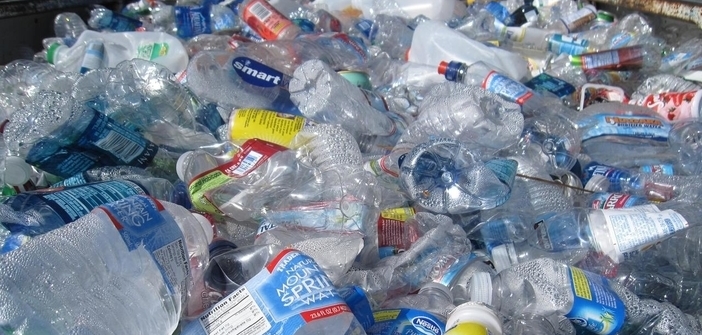The issue of ecology is now clear to almost everyone. In theory, we all want to save our planet from an ecological disaster. In practice, it’s not always so clear-cut. Recycling plastic seems like an easy approach, but unfortunately, the reality is much more complicated than most people think.
While it is clear that consumers are concerned about the environmental impact of their waste, the complicated sorting process has led many recyclable materials to end up in landfills over the years. Fortunately, lawmakers, food companies, and recycling programs are doing their part to clear up confusion and help consumers do their part to create a cleaner earth.
Plastic: A Complex Issue
The reality is unfortunately complicated. Take, for example, Americans who are trapped in a dysfunctional relationship with plastic. Collectively, they generate about 33 million tons of plastic waste each year, but less than 10% of this waste is actually recycled. Moreover, even if you want to recycle plastic waste as a whole, their huge diversity (polyethylene, polypropylene, polystyrene, etc.) leads to confusion about how plastics can be successfully accepted by most recycling programs.
This is a common problem with plastic food packaging. Are the plastic containers that hold greens recyclable? What about that yogurt container? And this ketchup bottle – can the lid also go in the blue bin? It’s confusing. The public cares, but has no idea what the numbers at the bottom of plastics mean. There is a global lack of communication to help the public know the difference between plastics, what is recyclable and what is not.
So what should an environmentally conscious person do?
The most important thing is to reduce the amount of plastic you can use. The less plastic you use, the better. And when it comes to the old question of “paper or plastic,” there is no debate: paper can be easily remade, and more people understand how to recycle it correctly. Paper should be separated from other recycling materials to avoid food residues and other contaminants.
Consuming less overall, choosing paper when possible, and making recycling easier to understand may seem like simple solutions to the plastic problem, and that’s precisely what needs to be done. We are in an ideal position to make a change, but we need everyone to start coming together around common sense solutions. Ultimately, a critical mass of people changing their habits creates change. Plastic producers are also making efforts to improve the recyclability of their products. A company like Arapack, a plastic manufacturer, is doing everything possible to offer easily recyclable products and help track their plastics. Arapack uses 100% recycled plastics to have less impact on the environment, or if 100% is not attainable when one of your suppliers cannot provide it, at least 80% recycling. Moreover, their plastics are recyclable.
Do you want to ensure you are recycling correctly?
The first step is to check with your recycling carrier to understand their rules, as every program is different. However, here are the basic principles to know for properly recycling plastic.
– Ensure all items are rinsed and clean before placing them in the recycling bin. Absolutely no food, liquid, or other contamination is allowed. Yes, this means the bottom of your pizza box should go into compost (or the trash). However, you can tear off the clean parts to throw into the recycling bin.
– Separate glass jars from their metal lids. A simple yet important gesture.
– Learn how to recycle plastic bottle caps. In large mixed systems, it is often best to keep them together, but many small programs only want the bottle, so the cap should go in the trash.
– Keep aluminum foil, plastic utensils, polystyrene containers, plastic wraps, or plastic packaging (including bags and pouches) out of the recycling bin. These items should be thrown in the trash unless your recycling program expressly gives the green light.
– If you must collect your waste in a plastic bag, use a clear or blue transparent bag.
– Compostable plastics are very good, but they do not belong in a recycling bin (and not even in a home compost bin – only industrial or commercial composting options can take these items).


